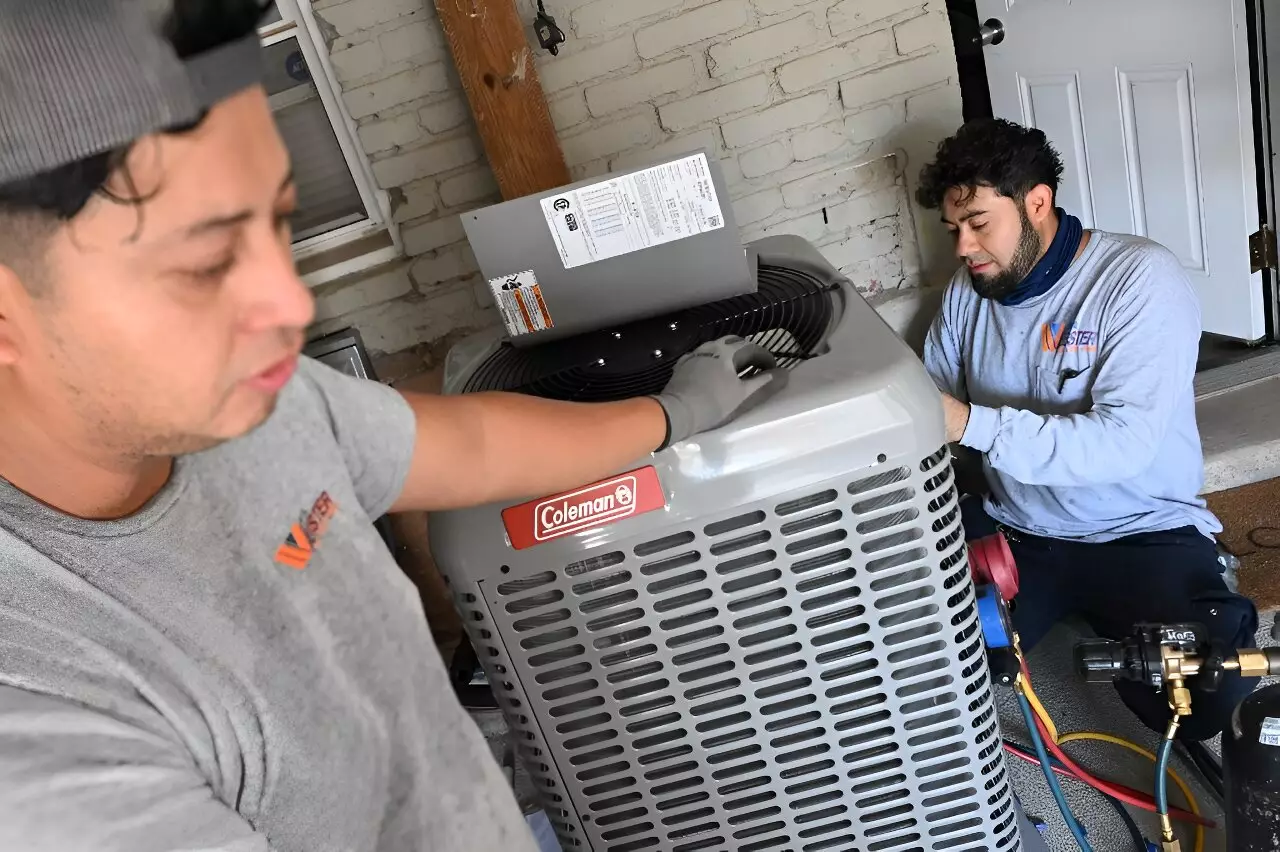As the world grapples with the urgent need to address climate change, the role of heat pumps in significantly reducing carbon emissions cannot be understated. Despite being a relatively obscure technology in the United States, heat pumps are gaining momentum as a cost-effective and efficient alternative to traditional heating and cooling systems. While initiatives like the Inflation Reduction Act and state incentives are driving greater adoption of heat pumps, there is still much work to be done to raise awareness and overcome financial barriers.
Heat pumps are not as flashy as electric cars or solar panels, but they play a crucial role in reducing energy consumption and greenhouse gas emissions. These systems combine heating and cooling functions into a single appliance, making them an attractive option for homeowners looking to reduce their carbon footprint. In addition to air source heat pumps, heat pump hot water heaters are also available, further enhancing the energy efficiency of homes.
Despite the potential benefits of heat pumps, many homeowners, like Su Balasubramanian, are unaware of this technology. Balasubramanian’s experience highlights the need for greater education and awareness about the advantages of heat pumps. Initiatives like the Affordable Home Electrification program in Washington are vital in providing low- and middle-income households with access to these energy-efficient solutions.
The cost of installing a heat pump system can be a deterrent for many homeowners, but financial incentives like tax credits and rebates are making electrification more accessible. The Inflation Reduction Act provides up to $2,000 in tax credits for installing heat pumps, while individual states offer additional incentives. For Balasubramanian, these incentives made total home electrification possible, providing her with a comprehensive package worth thousands of dollars.
While heat pump adoption is on the rise, there are still challenges to overcome. Many homeowners, particularly seniors on fixed incomes, may need convincing to switch to electric heating and cooling systems. Additionally, informed contractors are crucial in promoting heat pumps, but institutional inertia can pose a barrier to widespread adoption. Despite these challenges, the potential impact of heat pumps on reducing greenhouse gas emissions is significant.
As more homeowners recognize the benefits of heat pumps, the market for these systems is expected to grow. With the potential to reduce national greenhouse gas emissions by five to nine percent, the widespread adoption of heat pumps could have a substantial impact on combating climate change. States like South Carolina are leading the way in heat pump penetration, driven by factors like cheap electricity and the need for air conditioning.
Heat pumps are a critical tool in the fight against climate change, offering a cost-effective and efficient alternative to traditional heating and cooling systems. While financial incentives and state programs are driving greater adoption, there is still work to be done to raise awareness and overcome barriers to electrification. By recognizing the importance of heat pumps and investing in education and incentives, we can accelerate the transition to a more sustainable and climate-friendly future.


Leave a Reply